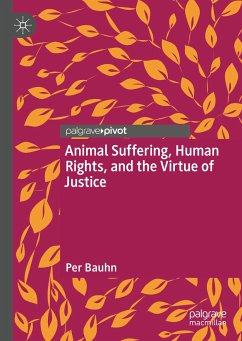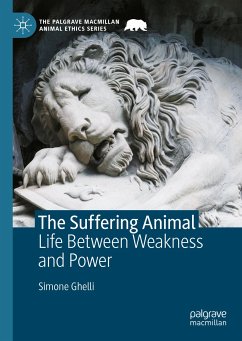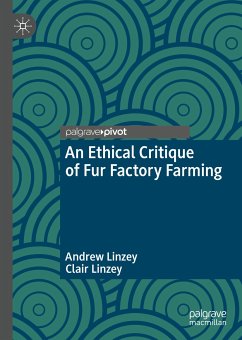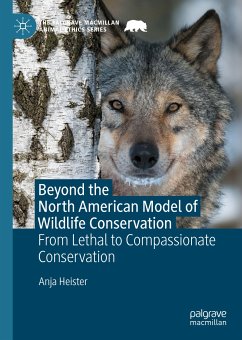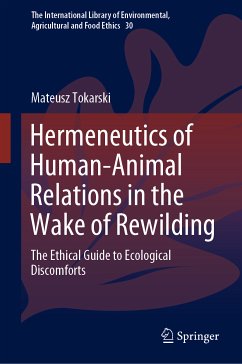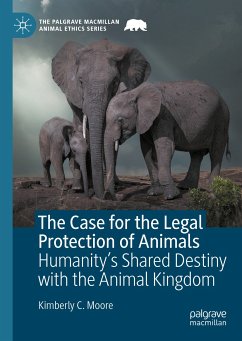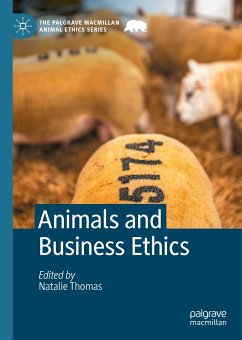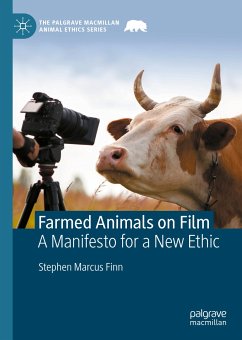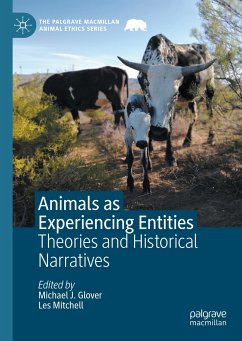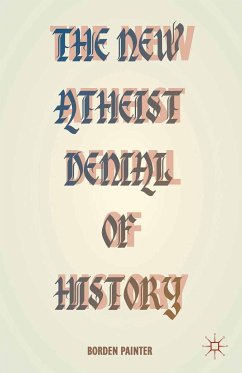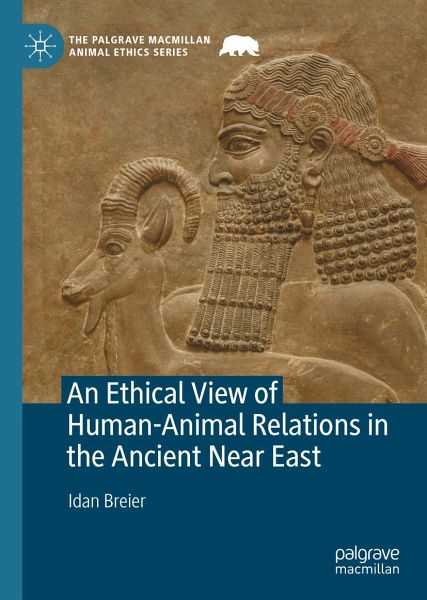
An Ethical View of Human-Animal Relations in the Ancient Near East (eBook, PDF)
Versandkostenfrei!
Sofort per Download lieferbar
80,95 €
inkl. MwSt.
Weitere Ausgaben:

PAYBACK Punkte
40 °P sammeln!
Exploring the earliest literary evidence for human-animal relations, this volume presents and analyzes biblical and Mesopotamian (Sumerian, Assyrian, and Babylonian) sources from the third millennium BCE through to the consolidation of the biblical literature in the first millennium BCE.Key Features:Provides the first comprehensive study of these texts from an ethical perspective.Examines proverbs, popular aphorisms, myths, epic literature, wisdom literature, historiography, prophecy, and law codes.Applies methodology from current contemporary biblical and ancient Near Eastern scholarship and ...
Exploring the earliest literary evidence for human-animal relations, this volume presents and analyzes biblical and Mesopotamian (Sumerian, Assyrian, and Babylonian) sources from the third millennium BCE through to the consolidation of the biblical literature in the first millennium BCE.
Key Features:
¿An Ethical View of Human Animal-Relations in the Ancient Near East is essential reading for scholars and graduate students of animal ethics, applied ethics and biblical studies.
Key Features:
- Provides the first comprehensive study of these texts from an ethical perspective.
- Examines proverbs, popular aphorisms, myths, epic literature, wisdom literature, historiography, prophecy, and law codes.
- Applies methodology from current contemporary biblical and ancient Near Eastern scholarship and human-animal ethics, thereby raising new questions that lead to fresh insights.
¿An Ethical View of Human Animal-Relations in the Ancient Near East is essential reading for scholars and graduate students of animal ethics, applied ethics and biblical studies.
Dieser Download kann aus rechtlichen Gründen nur mit Rechnungsadresse in A, B, BG, CY, CZ, D, DK, EW, E, FIN, F, GR, HR, H, IRL, I, LT, L, LR, M, NL, PL, P, R, S, SLO, SK ausgeliefert werden.



